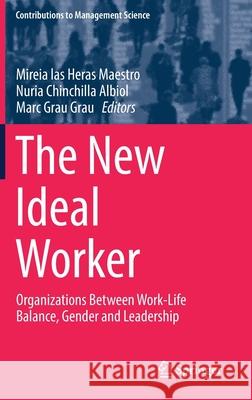The New Ideal Worker: Organizations Between Work-Life Balance, Gender and Leadership » książka
topmenu
The New Ideal Worker: Organizations Between Work-Life Balance, Gender and Leadership
ISBN-13: 9783030124762 / Angielski / Twarda / 2019 / 267 str.
The New Ideal Worker: Organizations Between Work-Life Balance, Gender and Leadership
ISBN-13: 9783030124762 / Angielski / Twarda / 2019 / 267 str.
cena 684,33
(netto: 651,74 VAT: 5%)
Najniższa cena z 30 dni: 655,41
(netto: 651,74 VAT: 5%)
Najniższa cena z 30 dni: 655,41
Termin realizacji zamówienia:
ok. 16-18 dni roboczych.
ok. 16-18 dni roboczych.
Darmowa dostawa!
Kategorie:
Kategorie BISAC:
Wydawca:
Springer
Seria wydawnicza:
Język:
Angielski
ISBN-13:
9783030124762
Rok wydania:
2019
Wydanie:
2020
Ilość stron:
267
Waga:
0.57 kg
Wymiary:
23.39 x 15.6 x 1.75
Oprawa:
Twarda
Wolumenów:
01
Dodatkowe informacje:
Wydanie ilustrowane











